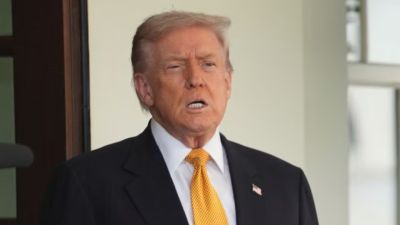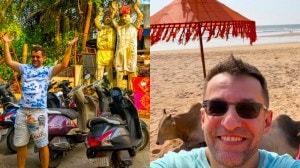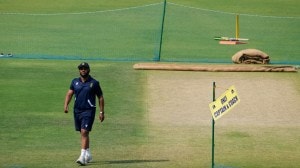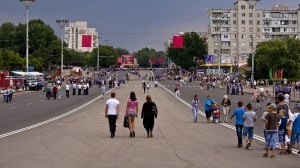World leaders bid farewell to Yeltsin
Russia’s first democratically elected president Boris Yeltsin, who engineered the collapse of the Soviet Union...

Russia’s first democratically elected president Boris Yeltsin, who engineered the collapse of the Soviet Union, was buried on Wednesday in Moscow’s Novodevichy cemetery after a state funeral on a national day of mourning.
Many Russian and foreign dignitaries attended the burial ceremony amid tight security. Only close relatives of Yeltsin family were allowed inside the cemetery.
Russian President Vladimir Putin, former Soviet president Mikhail Gorbachev, two former US presidents Bill Clinton and George H W Bush, former British prime minister John Major and Prince Andrew, the Duke of York, representing the British royal family attended the funeral service .
Former Ukrainian president Leonid Kuchma, ousted and now Moscow-based Kyrgyz leader Askar Akayev, and former Lithuanian president Algidras Brazauskas were among the guests from CIS countries.
Before the burial, Yeltsin’s widow Niana Yeltsina and two daughters Yelena and Tatyana said their last farewell to him. After standing at the coffin in silence Naina Yeltsina kissed and crossed her late husband after which a burial litia was conducted.
The funeral was preceded by a religious ceremony, at the Christ the Savour Cathedral, the first for a former head of state in a hundred years.
After the mourning ceremony, the funeral procession headed to Novidevichy cemetery. Breaking the Soviet traditions, Yeltsin was laid to rest there instead of the Red Square. He was buried alongside Raisa Gorbacheva, wife of former Soviet president Mikhail Gorbachev, and military general Alexander Lebed.
Yeltsin was a fierce critic of Raisa, after Gorbachev became CPSU’s General Secretary in 1984. He publicly accused her of living a fashionable life and of influencing Gorbachev in “political matters”. But he had a change of heart, when Raisa died of leukaemia in in September 1999. Yeltsin not only conveyed his condolences to Gorbachev, but also dispatched a plane to return her body for a funeral in Moscow.
Lebed contested the presidential polls against Yeltsin in 1996 but was appointed secretary to Russian National Security Council He played a key role during the attempted August 1991 coup against Gorbachev, when he refused to deploy troops against coup opponents.
The cemetery has been the resting place of diverse and prominent Russian figures, including writer Anton Chekhov. Nikita Khrushchev, who succeeded Stalin, was the only Soviet leader who was buried in the Novidevichy Cemetery.
Meanwhile, communist lawmakers refused to stand for a moment of silence called in Yeltsin’s memory at the opening of Wednesday’s session of the lower house of parliament, news agencies reported.
—With Agencies





- 01
- 02
- 03
- 04
- 05


























